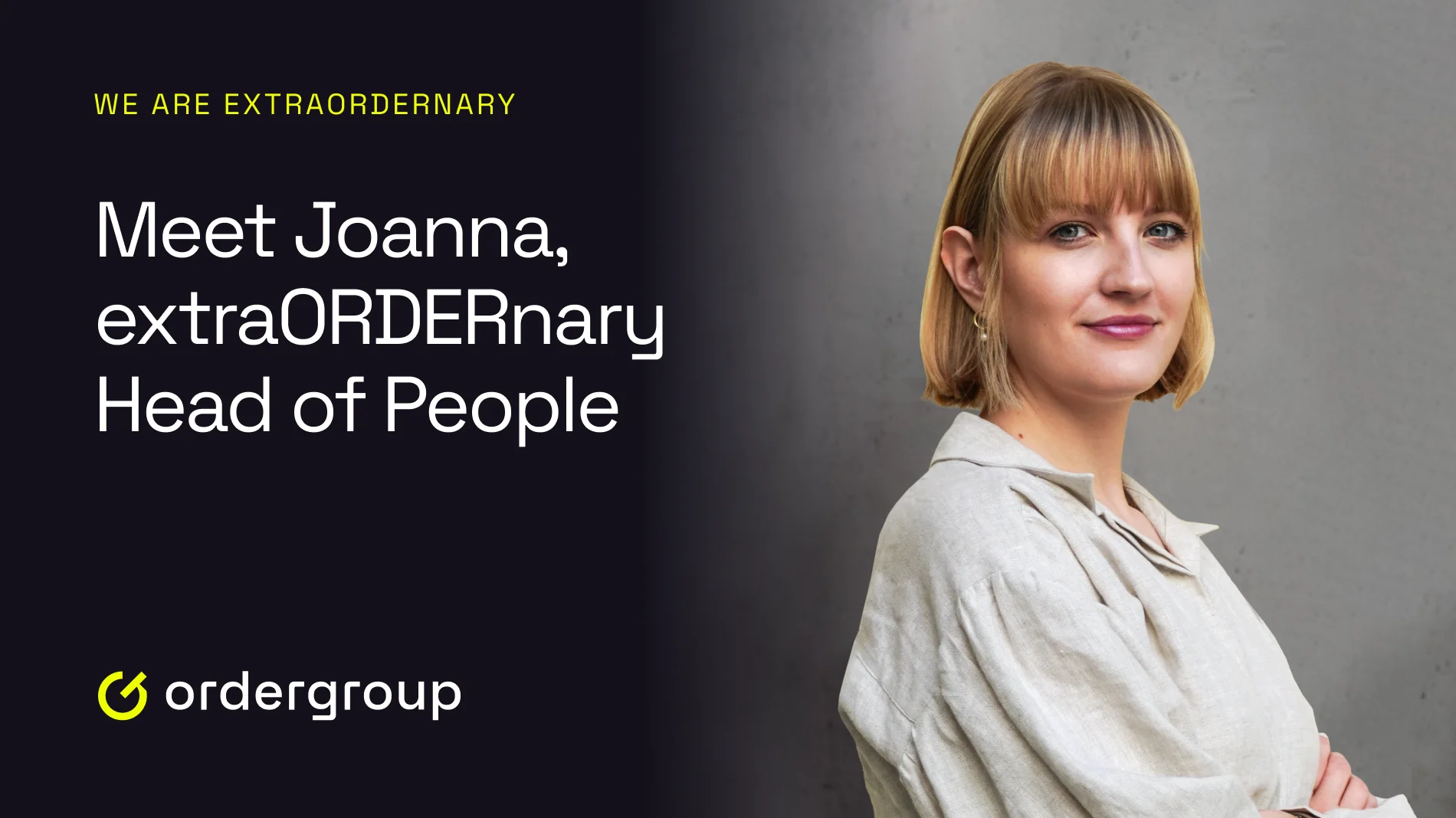The CBA decided to kick us out of the office. Disclaimer: not because of any fraud-related activities :D They just needed the building to move in new employees. We have been looking for a new place for a couple of months. Eventually, we found a gorgeous 600 m2 space and designed it the way we wanted, with our planned growth in mind. And then, shortly after moving in, the pandemic hit.
Like many software companies, we quickly switched to fully remote work. I still can't believe how we didn't do it earlier and how easy it was to adapt. Going remote was another turning point for us; we opened up to a vast pool of talented programmers from all over Poland, which made scaling and building the organizational culture we wanted much easier in my opinion.
And speaking of culture: having worked for international clients and growing up as people and business owners, we learned the importance of it. We realized it's only possible to run a sustainable business with a strong company culture.
So in 2022, we started looking for an answer to the question: What is the purpose of Order Group? Why are we doing what we’re doing? We needed to answer those questions to create a vector and keep building the company culture around something worth identifying with.
Eventually, we came up with a mission, vision, and purpose we all agreed on: In order to boost global progress. In simple words - to help speed up civilization's progress by helping our customers to build products that bring real value to whole industries. And I’m not talking about another social media platform that leeches on your dopamine. I mean products that store energy (KYOTO GROUP), utilize a fleet of electric cars as mobile batteries (Nuvve), reactors that create hydrogen from biowaste, etc.
As a civilization, we are more and more dependent on energy. And as we all know, energy production, storage, transfer, and transition to renewable energy sources are our era’s biggest challenges. So, Order Group is all about helping customers that are contributing and bringing innovation to those areas.



